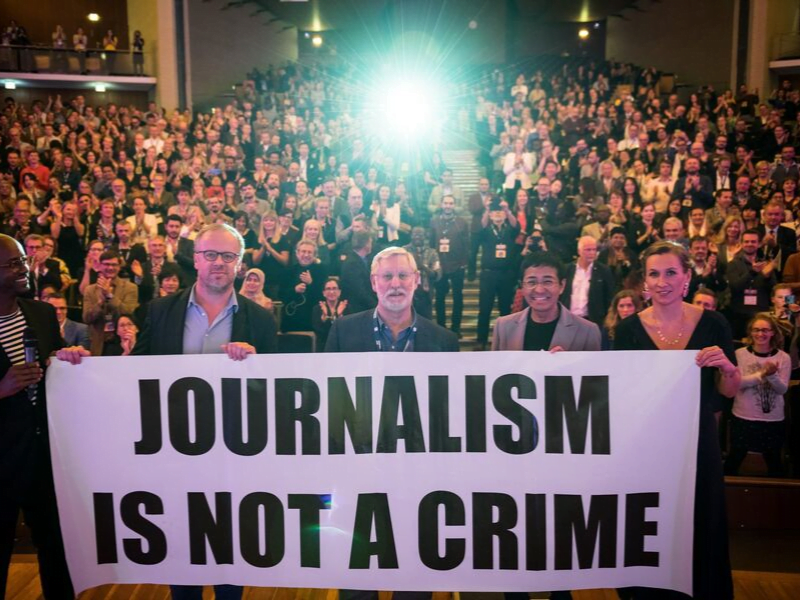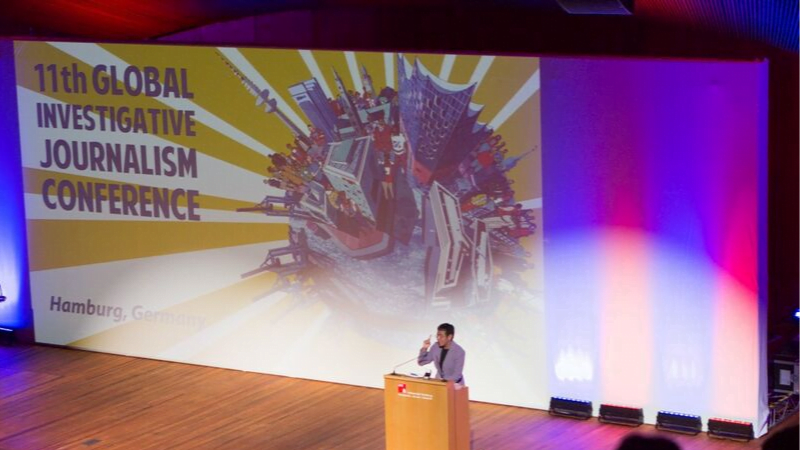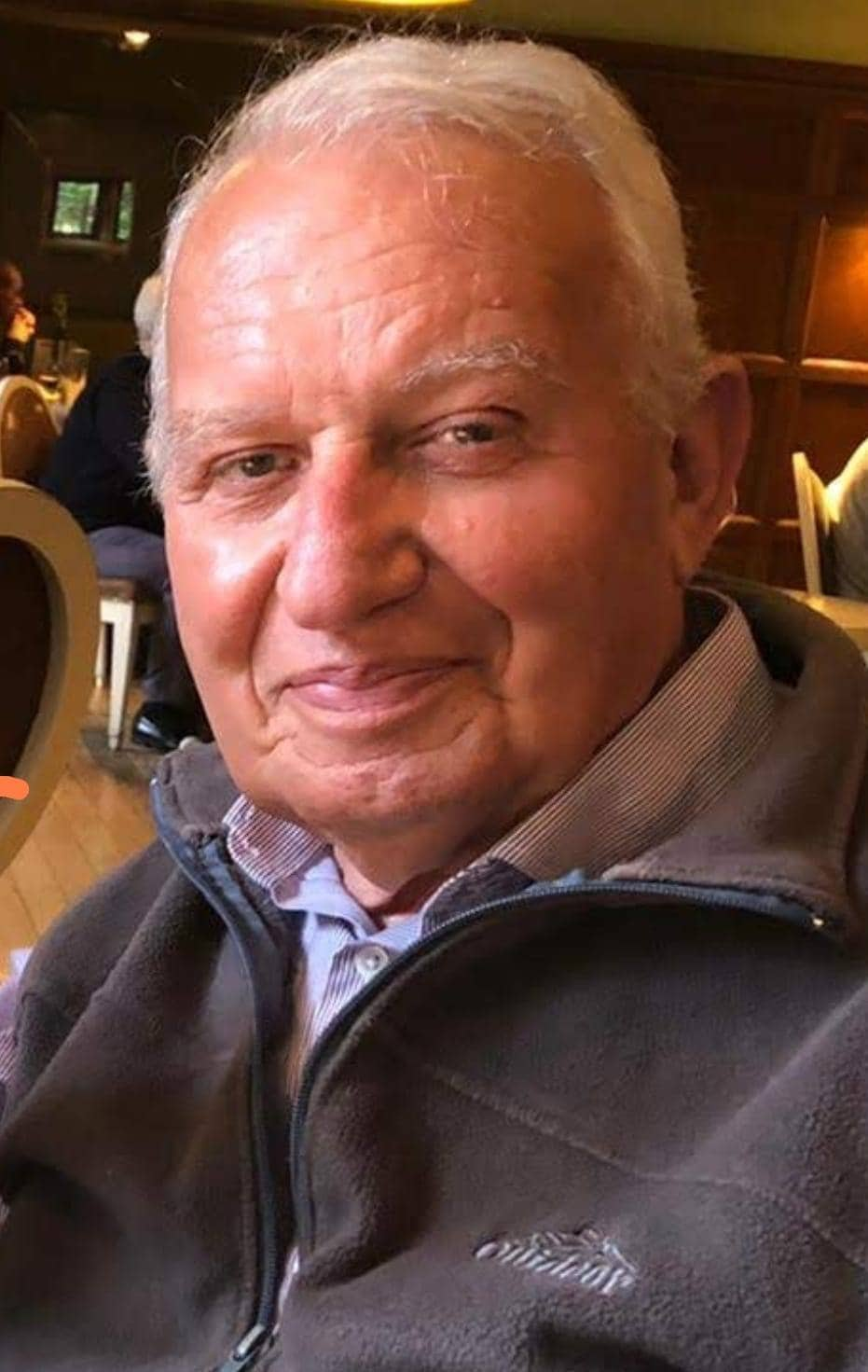Filipino journalist Maria Ressa has called on journalists to work together and prepare for the long fight, urging them to protect each other as “an attack on one is an attack on all”.
Speaking during the closing session of the 11th Global Investigative Journalism Conference in Hamburg, Germany, the founder of Rappler said newsrooms now had to help each other and not compete with each other due to the changing scenario where attacks by disinformation campaigns have become the norm.
“The attacks against journalists, the attacks against facts, the attacks against democracy — I’m convinced that the attacks against us and our values are so insidious that the equivalent of an atomic explosion has actually happened,” she said. “It’s ruptured our world, but all we do is chip away at the tip of the iceberg we can see.”
She has been investigating the drug war declared by the Philippines’president Rodrigo Duterte. In just a little over a year, the government filed numerous charges against her and Rappler. She was arrested twice in a five-week period this year, and had to post bail eight times in about three months.
“I have done nothing but be a journalist — I have committed no crime,” Ressa said.
The conference, which lasted four days, brought together more than 1,700 journalists from all over the world to share experiences, learn from expert speakers, and network for investigative work.
Bastian Obermayer, one of the investigative journalists at German newspaper Süddeutsche Zeitung to receive the Panama Papers leak, described Investigative Journalism as the “elixir for democracy”.

Photo: GIJN / Nick Jaussi
Studies have shown that newsrooms were pushed to the periphery. In the centre are the disinformation networks — some of them coming out of Russia and, increasingly, China.
“If we don’t take the right step forward democracy is dead,” Ressa said. “Newsrooms are born to compete, but what we’re not seeing is that we’re no longer competing against each other — we’re competing against disinformation networks.”
The need for a global database of disinformation networks and a global Interpol that “stops the impunity that nations and companies are getting away with every day” was raised. Her appeal was echoed by the Global Investigative Journalists Network that called for a special representative for the protection of journalists at the United Nations.
The concept of collaboration across borders was one of the main themes discussed and pushed throughout the conference. “If you are a journalist and you’re not collaborating with other journalists from other organisations, then you are far far behind,” said Andrew Sullivan from the Organised Crime and Corruption Reporting Project (OCCRP).
The OCCRP was one of the winners of the eighth Global Shining Light Award, a prize that honours investigative journalism in developing or transitioning countries that was carried out under threat, duress, or dire conditions, for their project The Azerbaijani Laundromat.
This collaborative, cross-border investigation uncovered how ruling elites in Azerbaijan benefited from a complex money-laundering operation and slush fund. Banking records revealed that some $2.9 billion passed through four shell companies registered in the United Kingdom over a two-year period.
Several members of the Azeri ruling elite were also found to have held accounts at Pilatus Bank in Malta whose owner Ali Sadr Hasheminejad is now facing charges that carry a 125-year prison sentence in the US.













